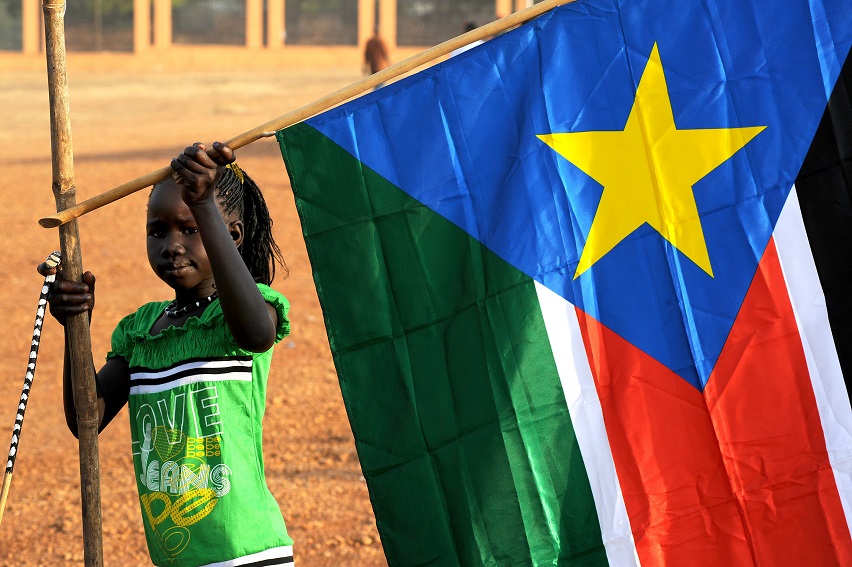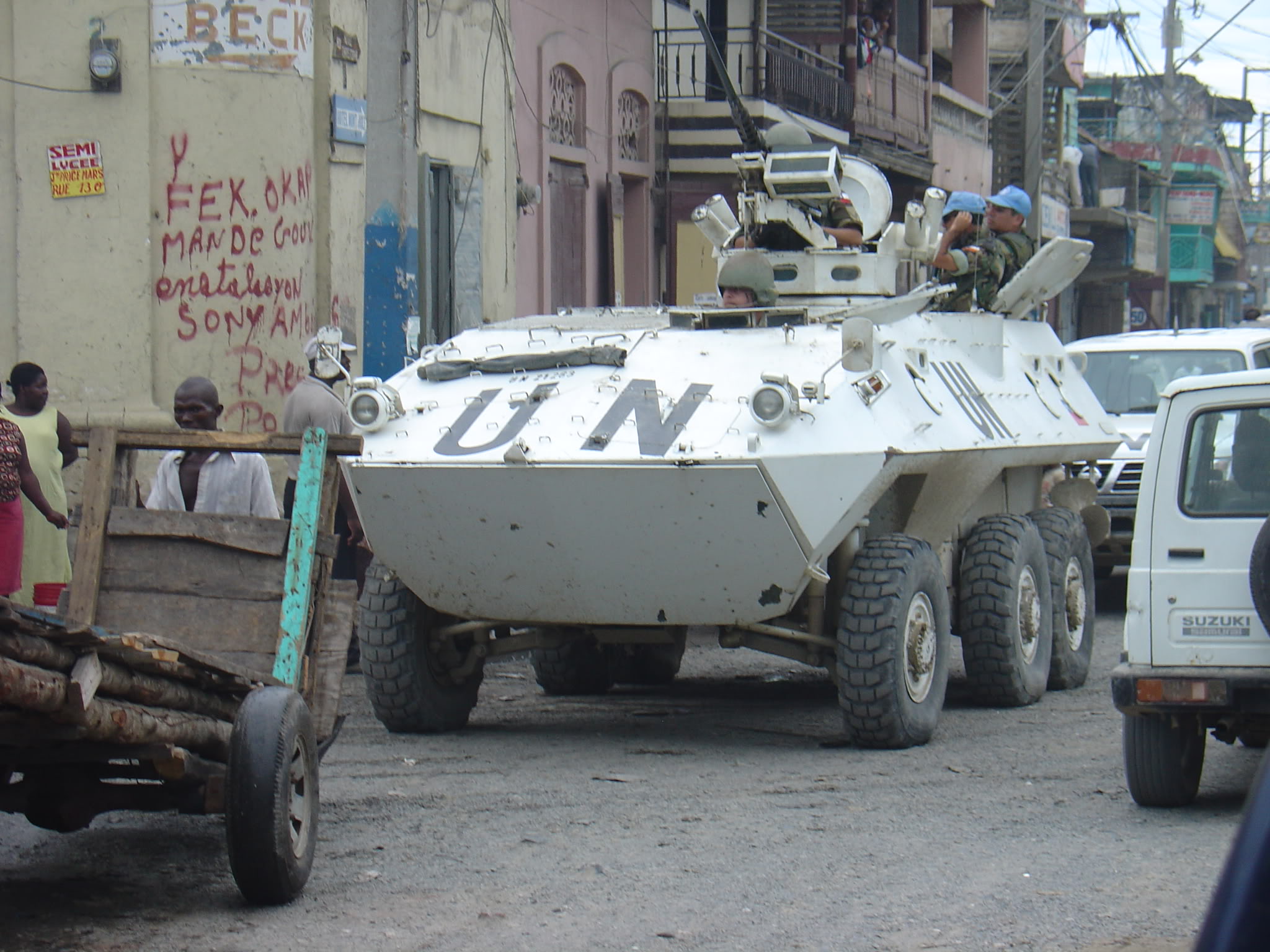November 2017 Review
TransConflict is pleased to present a selection of articles published during November, plus updates from the Global Coalition for Conflict Transformation.
| Suggested Reading | Conflict Background | GCCT |
1) Catalonia suppressed
Matthew Parish – The Catalan crisis is the Spanish crisis. It is the European crisis. It is the return of the face of authoritarianism within the heart of Europe. It is more than just a shame that short-sighted political interests, such as maintaining Mr Juncker in office or promoting a right-leaning Spanish European Finance Minister mired in allegations of wrongdoing, take precedence over speaking up for the founding principles of the European Union. Betrayal of the ideals of Monnet and Adenauer places the entire European project at risk, and in far graver a way than the 2016 British vote to leave. Read on…
2) Condominium in Kosovo
David B. Kanin – Is there an alternative to zero sum competition for possession and sovereignty? Read on…
3) Catalonia votes
Matthew Parish – Madrid’s refusal to compromise, in the view of the Catalan nationalist movement, renders the push towards Catalan independence impossible to avert. There is no practical choice other than independence, save to succumb to ever more burdensome regional financial penury irrespective of the success of Catalonia’s economy. Read on…
4) Testosterone poisoning
David B. Kanin – What kind of damage will the combination of young men and absolute power do this time around? Read on…
5) Losing the last vestiges of our moral fabric
Dr. Alon Ben-Meir – The unspeakable atrocities that are happening in South Sudan are unfathomable, not only because of the scope of savagery in the war between the Dinka and Nuer peoples, but also because it defies every tenet of our civilized being in which we take so much pride. Read on…
6) “Nowhere close”: UN Expert on progress on justice and reconciliation in Sri Lanka
Sri Lanka Campaign for Peace and Justice – In line with our own evaluation on whether the government is fulfilling its promises to deal with the past, the UN Special Rapporteur on Transitional Justice’s statement paints an alarming picture of how little ground the government of Sri Lanka has covered on the road to reconciliation and sustainable peace. While acknowledging some very limited areas of progress, his headline conclusion is plain: “the process is nowhere close to where it should have been more than two years [since his first visit in April 2015].” Read on…
7) Self-determination is an inalienable right
Dr. Alon Ben-Meir – Self-determination is not a gift to be awarded by the graces of any governing authority; it is an inherent right that every ethnic, religious, and cultural group is entitled to exercise. Read on…
8) The Santiago Declaration on the Human Right to Peace
We are pleased to inform you that the Draft United Nations Declaration on the Human Right to Peace, proposed by CSO, was updated on 20 September 2017. The new text includes a reference in the preambular paragraph 10 to the Treaty on the Prohibition on Nuclear Weapons, adopted on 7 July 2017 by the United Nations Conference. Read on…
9) Time to kick Turkey out of NATO
Dr. Alon Ben-Meir – Turkey under Erdogan is no longer a reliable nor trustworthy partner, and has become a liability rather than a viable and constructive member of the organization, which could severely impact NATO’s cohesiveness, effectiveness, and preparedness to meet any threat to European security. For this reason, NATO should warn Erdogan that unless he reverses his policies and reinstitutes basic democratic principles, especially human rights and freedom of the press, Turkey will be kicked out of NATO. Read on…
10) Understanding the peace process – how to mitigate conflict and save lives
Since the end of the Cold War, negotiating peace between warring parties has been the standard practice for how our world handles conflicts – both large and small. Parties who seek to help restore peace use a variety of different methods to help end disputes and neutralize conflicts between nations and organizations alike. The successes of these efforts will depend upon the parties’ ability to find compromising ground. During this time international relations experts work hard to use tried and true techniques of many kinds that can help to make peace possible. Read on…





























